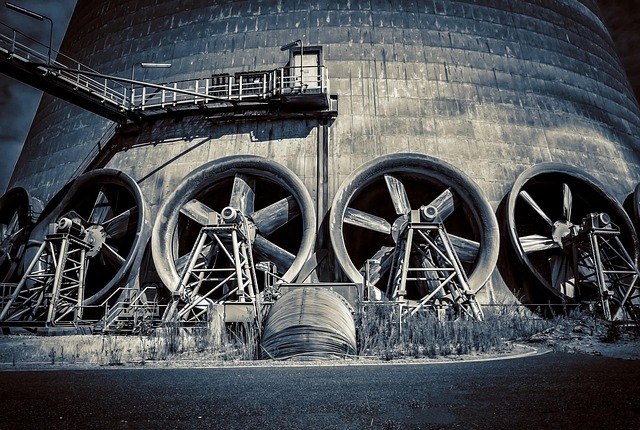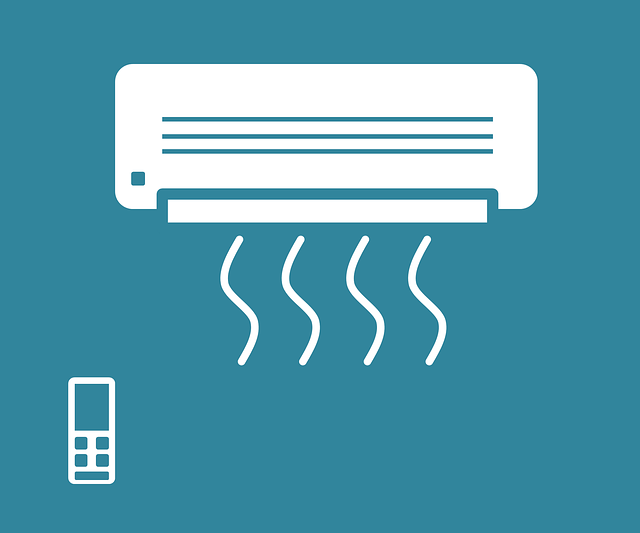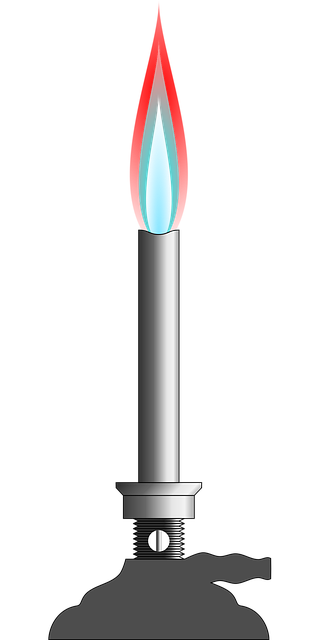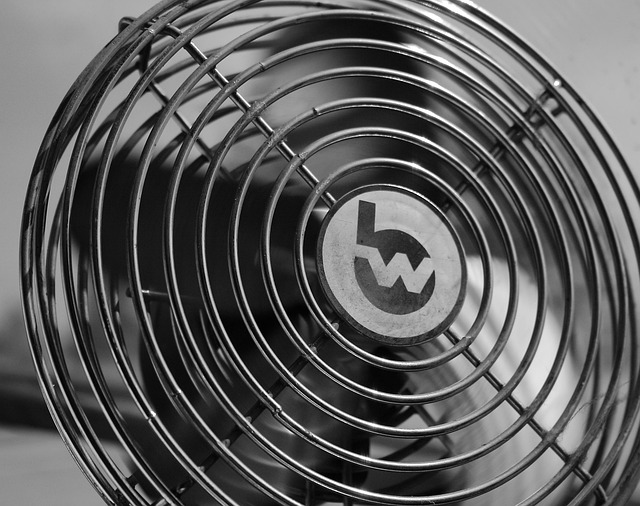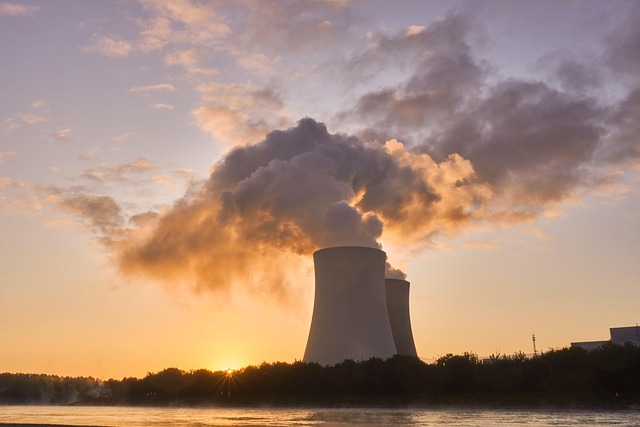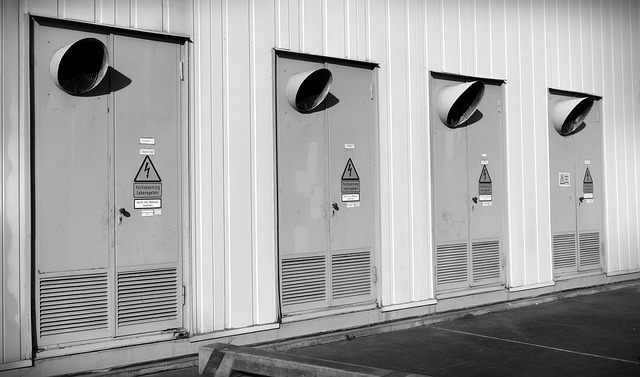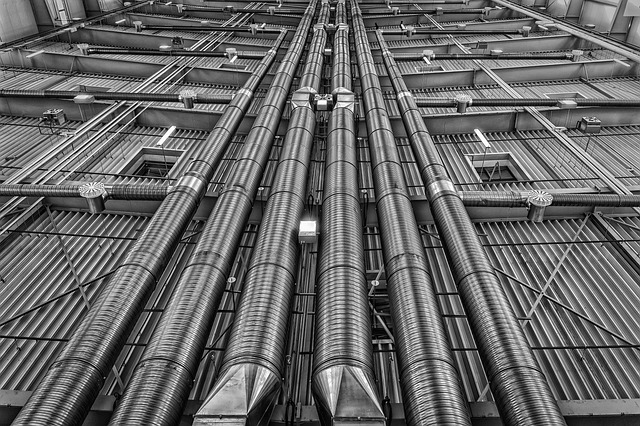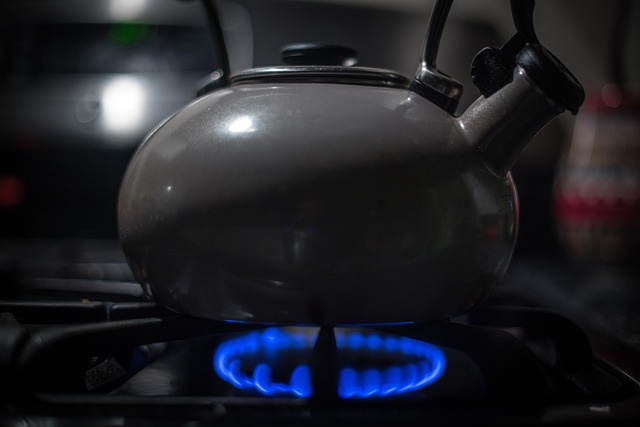Gas water heaters, popular for residential and commercial use, offer efficiency, convenience, and cost savings by eliminating storage tanks with on-demand heating. Advanced features include smart temperature control and integration with smart home systems. Optimal installation involves strategic placement, professional setup, and regular maintenance, including cleaning and inspection, to ensure longevity and peak performance of tankless gas systems like propane heaters.
Looking for reliable and consistent hot water? A gas water heater could be the solution. This efficient heating system offers numerous benefits, from quick recovery times to energy savings. In this article, we demystify gas water heaters, exploring their basics and advantages. We’ll guide you through essential features ensuring optimal performance, provide installation tips for seamless results, and share maintenance strategies to extend the life of your new heater. Discover how a well-maintained gas water heater can deliver hot water efficiently and reliably for years to come.
- Understanding Gas Water Heaters: Basics and Benefits
- Key Features for Efficient Hot Water Delivery
- Installation Tips for Consistent Performance
- Maintenance Strategies to Maximize Lifespan
Understanding Gas Water Heaters: Basics and Benefits

Gas water heaters have become a popular choice for residential water heating due to their efficiency and convenience. These systems harness the power of natural gas or propane to provide consistent hot water on demand, eliminating the need for bulky storage tanks. Unlike traditional tank water heaters, tankless gas systems heat water as it flows, resulting in significant energy savings. This technology is particularly advantageous for households seeking sustainable and cost-effective solutions for their hot water needs.
The benefits of gas water heating extend beyond energy efficiency. Gas fired heaters offer faster recovery times, ensuring a constant supply of hot water without delays. Moreover, they are versatile, suitable for various applications, from residential to commercial settings. Whether it’s for a family home or a busy office building, gas water heaters provide reliable and efficient hot water systems, contributing to a more sustainable future while maintaining comfort and convenience in everyday life.
Key Features for Efficient Hot Water Delivery

When it comes to efficient hot water delivery, modern gas water heaters offer a range of key features designed to enhance performance and reduce energy consumption. One of the most significant advancements is the introduction of tankless gas systems, which eliminate the need for a large storage tank. This technology provides on-demand hot water, ensuring a consistent supply without the risk of running out mid-shower or during peak use times.
Additionally, many modern gas water heaters incorporate advanced temperature control mechanisms and smart features. These allow users to precisely set and adjust water temperatures remotely, promoting energy efficiency by preventing excessive heating. The integration of natural gas heaters or propane water heaters with smart home systems further enhances convenience and sustainability, as these systems can be programmed to operate based on occupancy and usage patterns, optimizing residential water heating and contributing to a more energy-efficient household.
Installation Tips for Consistent Performance

When installing a gas water heater, ensuring consistent performance involves several strategic tips. First, proper placement is key; locate the heater in an area with adequate ventilation to prevent the buildup of dangerous gases. Additionally, ensure it’s close enough to your water-using appliances to minimize hot water travel time, enhancing efficiency.
For optimal results with a gas water heating system, consider professional installation by certified experts who can calibrate the unit for peak performance. Regular maintenance checks, including cleaning and inspection, are also vital to keep your natural gas heaters running smoothly. Integrating tankless gas systems or energy-efficient models, like propane water heaters, can further revolutionize residential water heating, offering consistent hot water without the storage tank’s limitations.
Maintenance Strategies to Maximize Lifespan

To maximize the lifespan and performance of your gas water heater, implementing regular maintenance strategies is key. Start by inspecting the heater for any signs of corrosion or leaks; addressing these issues promptly can prevent significant damage and prolong the unit’s life. Additionally, cleaning the heating elements and dip tube regularly ensures optimal gas flow and efficiency. The dip tube, responsible for directing cold water to the bottom of the tank, should be free from sediment buildup.
For tankless gas systems, such as natural gas heaters or propane water heaters, periodic flushes and filter changes are essential. These measures help maintain water quality and prevent mineral buildup, which can hinder heat transfer. In residential water heating, energy-efficient models like tankless gas systems offer significant advantages in terms of cost savings and reduced environmental impact. By adopting these maintenance practices, homeowners can enjoy consistent hot water delivery while maximizing the efficiency and lifespan of their gas water heaters.
A well-installed and maintained gas water heater can significantly enhance your home’s comfort, providing consistent access to hot water without hassle. By understanding the basics, choosing key features that prioritize efficiency, and implementing simple installation and maintenance practices, you can enjoy a reliable gas water heating system that delivers consistent performance for years to come.





